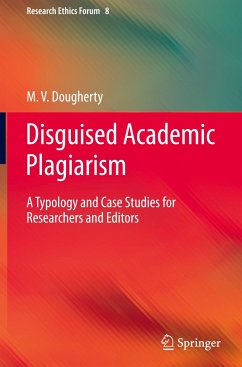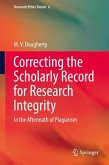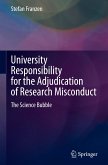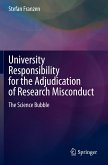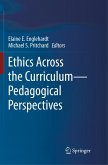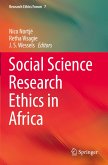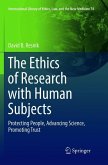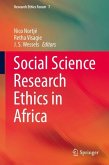This volume is the first book-length study of disguised forms of plagiarism that mar the body of published research in humanities disciplines. As a contribution to applied research ethics, this practical guide offers a typology of the principal forms of disguised plagiarism. It provides detailed analyses, in-depth case studies, and useful flow charts to assist researchers, editors, and publishers in protecting the integrity of the body of published research literature. Disguised plagiarism is more subtle than copy-and-paste plagiarism; all its varieties involve some additional concealment that creates further distance between the plagiarizing text and its source. These disguised forms are the most difficult forms of plagiarism to detect. Readers of the volume will become acquainted with the subtler forms of plagiarism that corrupt the production and dissemination of knowledge in humanities fields. The book is valuable not only to those interested in research ethics, but also to those in humanities fields including philosophy, theology, and history.
Bitte wählen Sie Ihr Anliegen aus.
Rechnungen
Retourenschein anfordern
Bestellstatus
Storno

